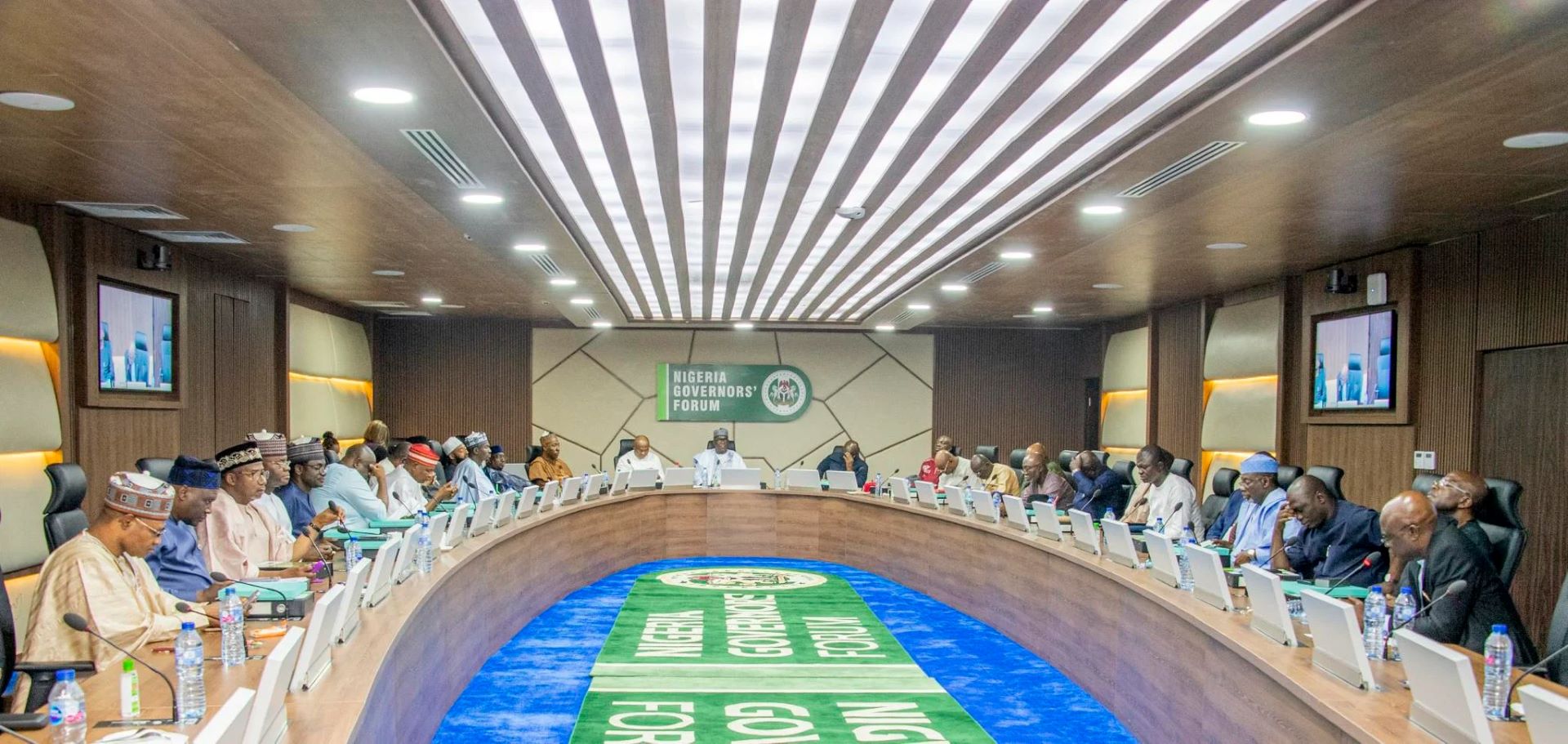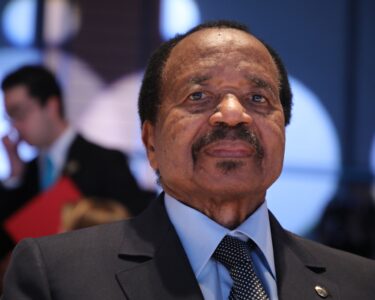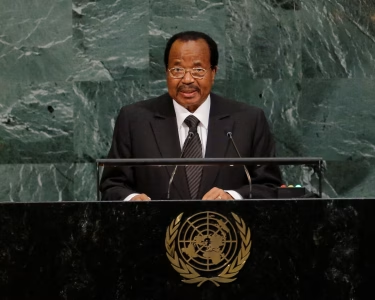In recent years, Nigeria’s local government system, a critical component of grassroots development, has faced significant challenges as state governors increasingly treat local councils as personal estates. DIRISU YAKUBU investigates the erosion of democratic processes in local council elections and the growing need for reform to curb governors’ control.
The consensus among experts and stakeholders is clear: governance at the grassroots level is crucial for a fair distribution of resources. Yet, calls for local government autonomy have largely gone unanswered, with governors showing little intent to foster democracy in local administration since Nigeria’s 1999 return to democratic governance. Instead, local government areas are often seen as political fiefdoms, manipulated to serve state governors’ interests.
A significant factor enabling this control lies in the nation’s legal framework. While the Independent National Electoral Commission (INEC) oversees federal elections, the responsibility for local council polls is vested in State Independent Electoral Commissions. This has often resulted in council seats being filled by individuals loyal to the ruling parties, leaving local governance subservient to state governments.
In many cases, poverty in rural communities enables this exploitation, as governors avoid implementing meaningful empowerment programs. When elections are held, candidates are typically handpicked based on loyalty rather than popularity or public service potential, fueling continued rural-urban migration and undermining local governance.
Recent examples illustrate the extent of this control. In Edo State, for instance, Governor Godwin Obaseki’s Peoples Democratic Party (PDP) won all 18 chairmanship seats in the September 2023 council polls, despite recent setbacks in other elections. Similar trends were observed in Adamawa, Anambra, Bauchi, and several other states, where ruling parties achieved sweeping victories, often without any opposition wins.
Political experts argue that these outcomes indicate systemic manipulation, where local council elections lack genuine competition. Professor Tunde Adeniran, a former Minister of Education, described this trend as a “disaster” that requires immediate reform to restore democratic integrity. Political analyst Jackson Ojo further criticized state electoral commissions for enabling this control, advocating for a return to INEC’s oversight of council polls.
The situation has also fueled debate over broader issues, such as the introduction of state police, with many fearing that similar powers could lead to further abuses.
To address this, some analysts urge the National Assembly to legislate reforms, placing local government elections back under INEC’s jurisdiction. According to Jackson Ojo, such a move would restore credibility and autonomy to local councils, allowing them to function independently of state influence.







